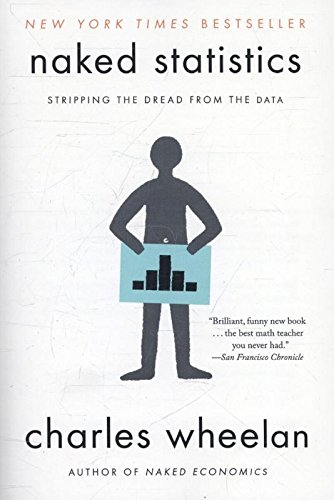So - there has been another winner in Ireland of the Euromillions jackpot! Congratulations to whoever it is - their lives have just changed (hopefully for the better). I often use the probability of winning the Irish Lotto in statistics class when discussing the topic of probability. Using combinatorial maths you can work out how many combinations of six numbers there are out of the 47 balls in the Lotto draw - there are 10,737,573. In other words you have a better than a one in ten million chance of choosing the six correct numbers and winning the lotto. As I say to my class, if there was a horse in a race at odds of 10,000,000 to 1 would you put a bet on it? Of course, you do increase your chances of winning if you buy more than one line of numbers.
According to the Irish Lotto website, you have a "1 in 29" chance of winning a prize in the Lotto only draw, (the odds of winning are a better "1 in 17" if you add Lotto Plus). A "1 in 29" chance of winning is equivalent to about 3.5% - if you play regularly you can expect to win about 3.5% of the time, very low odds I think you'll agree. As Charles Wheelan puts it in his book "Naked Statistics", buying a lotto ticket is "a stupid thing to do". Here's how the "1 in 29" ( or approx 3.5%) chance of winning the Irish Lotto is made up:
So if you spend €2 buying one line in the Lotto draw, you can expect a return of around just 7 cent - it's a near mathematical certainty that you will lose money. In last Wednesday's draw (27th Dec), there were 25,213 winners in total of the various prizes. Using the "1 in 29" odds, this means that a whopping 721,177 (25,213 x 29) players did not win!
Of course, somebody does win - IT COULD BE YOU!




































